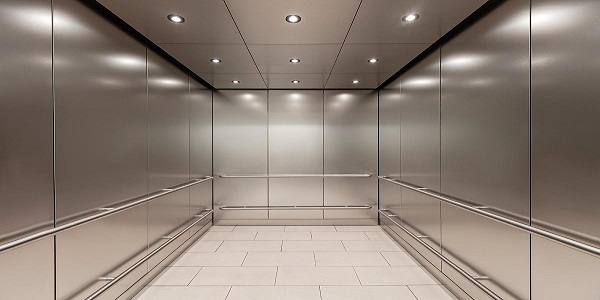We live in this world of mechanization and digitalization. Life is becoming more and more artificial. The natural habit of walking is lost to such an extent that one has to reserve time for morning and evening walks. Then one takes a few rounds on a small piece of land as if it is one more daily routine task fulfilled. When walking has to be a deliberate and planned activity, ascending and descending are far off. A flight of stairs is frustrating and tiring. No need to worry. Machines are at our service for all tiring physical activities. Now they have become a part of routine so much that we take them for granted. Hence, if there is a lift in a building, well, it has to be there. If there is no lift, you miss it and start complaining. Machined have made us dependent upon them. One such machine that we take for granted is an elevator, commonly known as a lift. It is a small cubicle that accommodates 4 to 6 persons and commutes up and down floors, dropping the persons on the desired floor or picking them up. This is the kind of elevator that comes to mind immediately. However, with progress in technology, elevators have improved in design and service. A variety of elevators and escalators are widely used in all walks of life.
Types of elevators
Based on hoist mechanism elevators can be classified into four types: hydraulic elevators, traction elevators, climbing elevators and pneumatic elevators.
The following types of elevators are based on their use. Different types of elevators are used for different purposes.
- Home lifts: They are usually fitted in residential buildings or offices either inside or outside. They are used for transporting passengers up and down the floors of a building. They are automatic in the sense, passengers do not have to push floor buttons; they stop at each floor and wait at the last destination until called for. They have a capacity of carrying 4 to 6 people. They are often used for carrying goods or luggage in small quantities.

- Hospital elevators: Hospital elevators are busy for longer hours. They are spacious because trolleys and patients on stretchers have to be carried, sometimes with medical equipment and machinery.

- Industrial elevators: Industries require elevators for carriage of bulk goods and commodities vertically across shop floors or show rooms. They are strong and sturdy and specially designed to carry heavy goods.

- Capsule elevator: It is literally shaped like a capsule from outside and possesses all other features of a regular elevator. The very purpose of a capsule elevator is aesthetic decor; hence it is fitted on the outer side of shopping malls, theaters and sometimes commercial buildings. Capsule lifts are part and parcel of modern architecture.
- Escalator: An escalator is a moving staircase. Escalators are found in departmental stores, shopping malls, railway stations, airports or stadiums. The advantage of an escalator is that while a limited number of passengers can ride in an elevator cabin, the escalator belt rotates continuously and any number of people can step on and off at convenient points.

Thus, we observe that all lifts are not the same: There are different elevators for different purposes; hence they differ in size, shape and service.
Schneider Elevators manufacture all types of elevators, fitted with safety devices and offer 24 hours online/offline support and maintenance. Schneider Elevators are known for best quality, timely delivery and suitable designs to match modern architecture.
